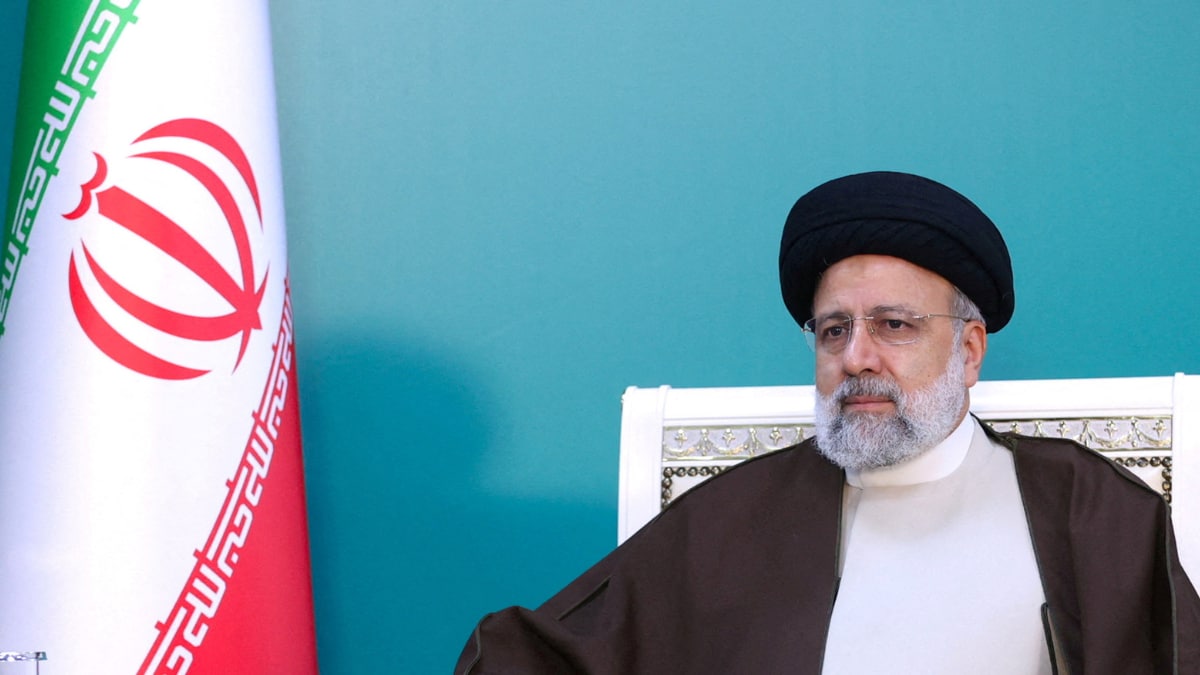Iran’s investigation into the helicopter crash that killed President Ebrahim Raisi in May has concluded that the crash was caused by bad weather. The special board investigating the dimensions and causes of the helicopter accident determined that the main cause was the “complex climatic and atmospheric conditions of the region in the spring,” citing a sudden emergence of a thick mass of dense and rising fog as the reason for the helicopter’s collision into the mountain. This conclusion aligns with earlier statements by Iran’s army, which found no evidence of criminal activity in the crash, but contradicts a report by Fars news agency which claimed the presence of two extra passengers against security protocols as a contributing factor. The investigation findings highlight the role of adverse weather conditions in the tragic accident.
Investigating the Helicopter Crash
The Iranian authorities conducted a thorough investigation into the May helicopter crash, taking into account various aspects of the incident. The special board investigating the dimensions and causes of the helicopter accident, tasked with scrutinizing the details of the crash, relied on multiple sources of information to determine the causes. These included examining the wreckage, analyzing flight data, reviewing meteorological reports, and interviewing witnesses. The board’s findings shed light on the complex circumstances surrounding the accident and provided a comprehensive understanding of the events that led to the crash.
Focus on Weather Conditions
The investigation pinpointed the “complex climatic and atmospheric conditions of the region in the spring” as the main cause of the crash. The board identified the sudden emergence of a thick mass of dense and rising fog as the critical factor that led to the helicopter’s collision with the mountainside. The unexpected fog conditions reduced visibility significantly, hindering the pilot’s ability to navigate safely and contributing to the loss of control. This determination highlights the unpredictable nature of weather phenomena and their potential impact on aviation safety.
Lack of Evidence of Criminal Activity
The investigation, conducted by Iran’s army, found no evidence of criminal activity involved in the crash. This finding rules out the possibility of sabotage, mechanical failure, or pilot error as contributing factors to the incident. The focus on weather conditions as the primary cause further suggests a tragic accident rather than a deliberate act.
Focus on Natural Factors
The Iranian authorities’ consistent focus on natural factors, namely weather conditions, as the primary cause of the helicopter crash, supports the conclusion of an unfortunate accident rather than a planned event. The investigation’s thorough examination and lack of evidence pointing towards criminal activity provide a basis for understanding the crash as an unforeseen consequence of adverse weather conditions.
Disputed Report by Fars News Agency
In contrast to the findings of the official investigation, a report by Fars news agency in August suggested that the presence of two extra passengers against security protocols might have contributed to the crash. This claim, however, was swiftly rejected by the Iranian armed forces, stating that the information was “completely false.” The discrepancy between the Fars report and the official findings highlights the complexities of information dissemination and potential biases in reporting, especially concerning sensitive events.
Controversial Claims and Lack of Verification
The conflicting information presented by Fars news agency raised concerns regarding the credibility and reliability of their report. The Iranian armed forces’ swift rejection of the claims, emphasizing their falsehood, indicates the lack of evidence to support the theory that extra passengers violated security protocols. This highlights the importance of relying on verified information from official sources and conducting proper fact-checking before disseminating potentially inaccurate claims.
Takeaways
- The official investigation into the helicopter crash that killed President Ebrahim Raisi concluded that bad weather, specifically the sudden emergence of dense fog, was the primary cause of the accident.
- The Iranian authorities found no evidence of criminal activity related to the crash, ruling out the possibility of sabotage, mechanical failure, or pilot error.
- A report by Fars news agency suggesting the presence of extra passengers as a contributing factor was rejected by the Iranian armed forces as false.
- The investigation’s findings highlight the importance of addressing adverse weather conditions in aviation safety protocols and the need for responsible reporting based on verified information.









